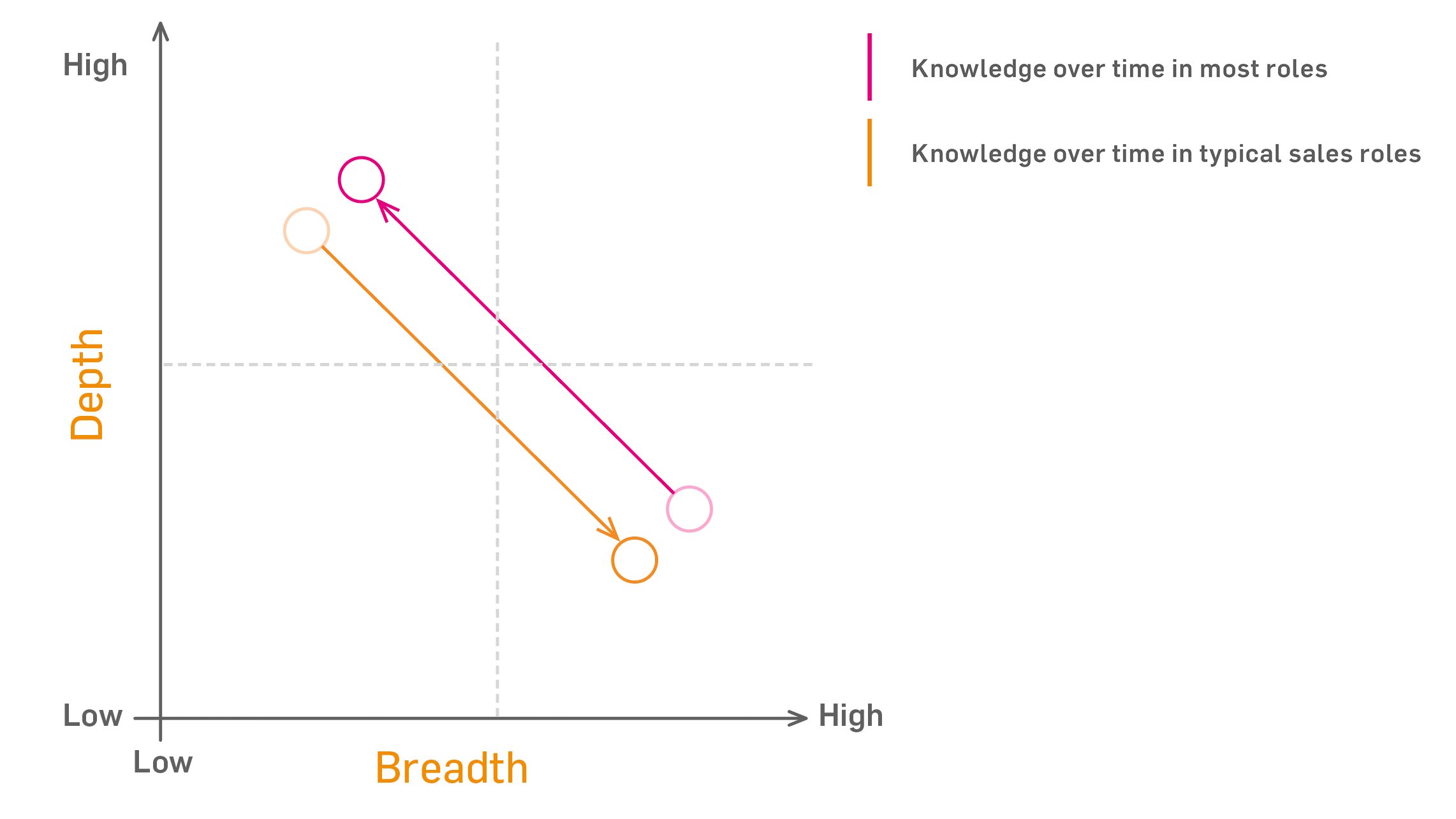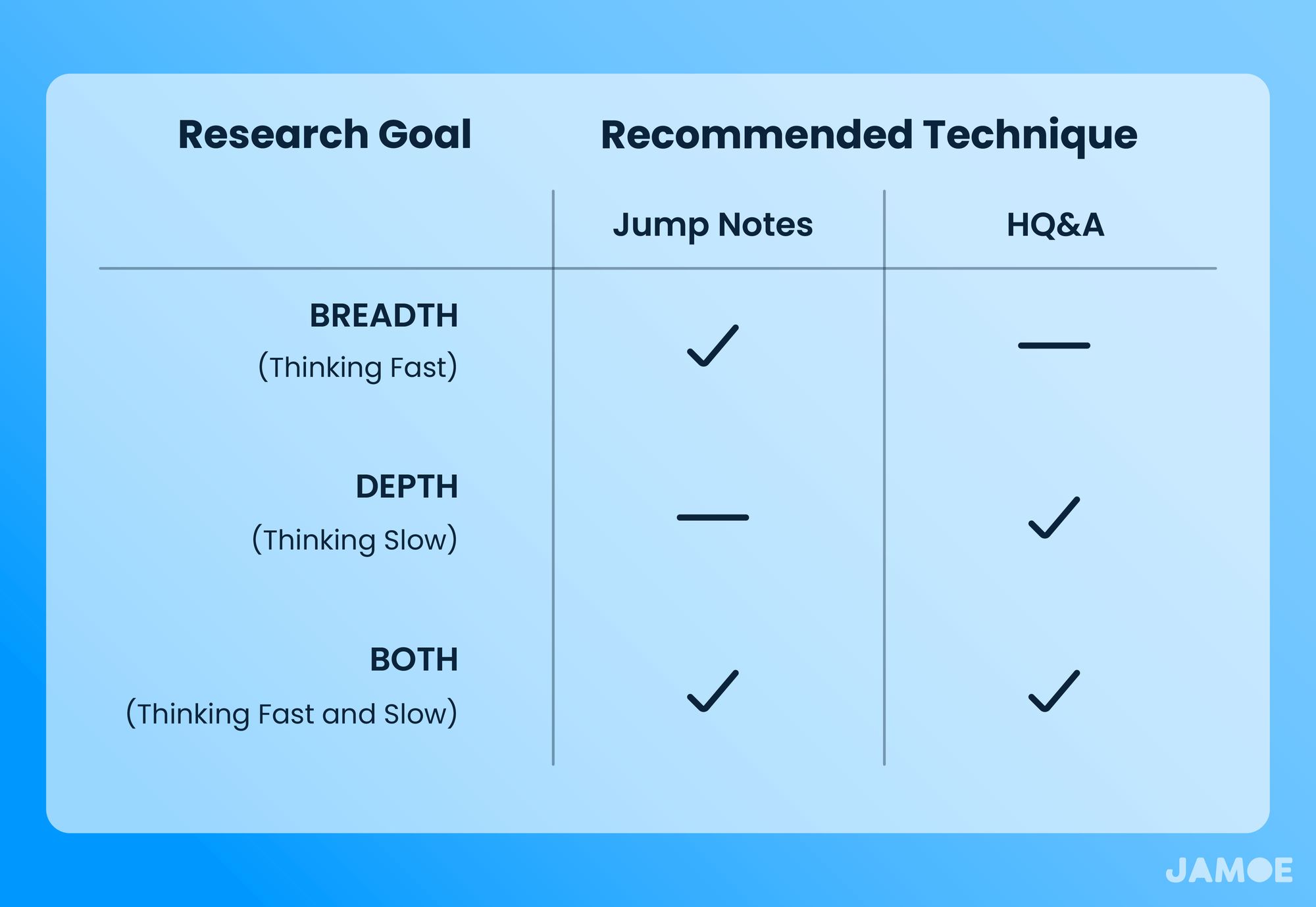In today's rapidly evolving world, finding a career that continues to grow in both depth and breadth has become a top priority for many professionals. The modern workplace is shaped by technological advancements, globalization, and changing economic landscapes. As industries transform, so do the opportunities for career growth and development. This article explores the concept of careers that offer continuous growth, highlighting the skills, industries, and strategies needed to thrive in such roles.
The idea of a career with ongoing growth is not just about climbing the corporate ladder; it is about expanding one's knowledge, expertise, and influence in a meaningful way. Professionals who pursue such careers often experience personal fulfillment, financial stability, and increased job satisfaction. This article will delve into the essential elements that define careers with depth and breadth, providing actionable insights for those seeking long-term success.
As you navigate through this comprehensive guide, you will discover the importance of adaptability, continuous learning, and strategic planning in building a career that continues to grow. Whether you are a recent graduate or a seasoned professional, the information provided here will help you identify opportunities and make informed decisions about your future.
Read also:Mastering The Art Of Floral Packaging A Comprehensive Guide To Wrapping Flowers In Paper
Table of Contents
- Defining Career Growth in Depth and Breadth
- Key Industries for Continuous Career Growth
- Skills Required for a Growing Career
- Strategies for Achieving Career Growth
- The Importance of Lifelong Learning
- Overcoming Challenges in Career Development
- Measuring Success in Your Career
- Case Studies: Real-Life Examples of Career Growth
- Future Trends in Career Development
- Conclusion: Building a Career That Thrives
Defining Career Growth in Depth and Breadth
A career that continues to grow in both depth and breadth encompasses two critical dimensions of professional development. Depth refers to the ability to specialize and gain expertise in a particular field, while breadth involves acquiring diverse skills and knowledge across multiple domains. This dual approach ensures that professionals remain relevant and adaptable in an ever-changing job market.
Career growth is no longer linear; it is multidimensional. Professionals must continuously update their skills and stay informed about industry trends to remain competitive. This section will explore the characteristics of careers that offer both depth and breadth, providing examples of roles that align with these criteria.
Characteristics of Growth-Oriented Careers
- Opportunities for specialization and cross-functional learning.
- Access to mentorship and professional development programs.
- Roles that require ongoing education and certification.
- Industries with high demand for innovation and problem-solving.
Key Industries for Continuous Career Growth
Certain industries are more conducive to career growth than others. Technology, healthcare, finance, and education are among the sectors that consistently offer opportunities for professionals to expand their skills and knowledge. These industries are characterized by rapid innovation and a need for skilled workers who can adapt to changing demands.
According to a report by the World Economic Forum, industries such as artificial intelligence, cybersecurity, and renewable energy are expected to see significant growth in the coming years. Professionals in these fields can expect to experience both depth and breadth in their career trajectories.
Industries with High Growth Potential
- Artificial Intelligence and Machine Learning
- Cybersecurity and Data Protection
- Healthcare and Biotechnology
- Renewable Energy and Sustainability
Skills Required for a Growing Career
To succeed in a career that continues to grow, professionals must possess a combination of technical and soft skills. Technical skills are industry-specific and often require formal education or certification. Soft skills, on the other hand, are transferable and include communication, leadership, and problem-solving abilities.
A study by LinkedIn identified adaptability, emotional intelligence, and creativity as some of the most in-demand soft skills in today's job market. Professionals who develop these skills are better equipped to navigate challenges and seize opportunities for growth.
Read also:Discovering Tc Roberson Asheville Nc A Comprehensive Guide
Essential Skills for Career Growth
- Technical expertise in your chosen field.
- Strong communication and interpersonal skills.
- Adaptability and resilience in the face of change.
- Leadership and team management abilities.
Strategies for Achieving Career Growth
Building a career that continues to grow requires a strategic approach. Professionals must set clear goals, seek out mentorship, and invest in continuous learning. Networking and building relationships with industry peers can also open doors to new opportunities and collaborations.
Creating a personal development plan is an effective way to track progress and stay focused on long-term goals. This plan should include short-term and long-term objectives, as well as the steps needed to achieve them. By regularly reviewing and updating this plan, professionals can ensure they remain on track for success.
Strategies for Career Development
- Set clear and measurable career goals.
- Seek mentorship and guidance from experienced professionals.
- Invest in ongoing education and skill development.
- Build a strong professional network.
The Importance of Lifelong Learning
In today's fast-paced world, lifelong learning is no longer optional—it is essential. Professionals who commit to continuous learning are better equipped to adapt to new technologies, industry trends, and market demands. This commitment to growth ensures that they remain relevant and competitive in their careers.
According to a report by Deloitte, organizations that prioritize learning and development experience higher employee retention rates and increased productivity. By fostering a culture of learning, both individuals and organizations can thrive in an ever-changing landscape.
Benefits of Lifelong Learning
- Improved job performance and career advancement.
- Increased adaptability and resilience.
- Enhanced creativity and problem-solving abilities.
- Greater job satisfaction and personal fulfillment.
Overcoming Challenges in Career Development
While pursuing a career that continues to grow can be rewarding, it is not without its challenges. Professionals may face obstacles such as lack of resources, limited opportunities for advancement, or difficulties balancing work and personal life. However, with the right mindset and strategies, these challenges can be overcome.
Developing resilience, seeking support from mentors and peers, and maintaining a positive attitude are key to overcoming obstacles in career development. Additionally, professionals should be proactive in seeking out opportunities for growth and not be afraid to take calculated risks.
Common Challenges and Solutions
- Lack of resources: Seek out free or low-cost learning opportunities.
- Limited advancement opportunities: Consider lateral moves or entrepreneurial ventures.
- Work-life balance: Set boundaries and prioritize self-care.
Measuring Success in Your Career
Success in a career that continues to grow is not solely defined by financial gains or job titles. It is also about personal fulfillment, professional growth, and the impact one has on their industry and community. Measuring success involves setting benchmarks and regularly evaluating progress against those benchmarks.
Professionals should focus on both qualitative and quantitative metrics when assessing their career growth. Qualitative metrics include factors such as job satisfaction, skill acquisition, and peer recognition, while quantitative metrics include salary increases, promotions, and industry awards.
Metrics for Measuring Career Success
- Job satisfaction and work-life balance.
- Skills and knowledge gained over time.
- Professional recognition and awards.
- Financial stability and career advancement.
Case Studies: Real-Life Examples of Career Growth
Real-life examples of career growth can provide valuable insights for professionals seeking to build a career that continues to grow in both depth and breadth. Case studies from various industries highlight the strategies and approaches that have led to success for individuals and organizations.
For instance, a software engineer who transitioned into artificial intelligence and machine learning demonstrates the importance of continuous learning and adaptability. Similarly, a healthcare professional who pursued additional certifications and leadership roles showcases the value of diversifying skills and expanding one's expertise.
Case Study: Transitioning into Artificial Intelligence
John Doe, a software engineer with a background in web development, recognized the growing demand for artificial intelligence and machine learning professionals. He invested in online courses, certifications, and hands-on projects, eventually securing a senior position in a leading tech company. His story highlights the importance of staying current with industry trends and pursuing opportunities for growth.
Future Trends in Career Development
As we look to the future, several trends are expected to shape the landscape of career development. The rise of remote work, the gig economy, and the increasing importance of digital skills will play a significant role in determining which careers continue to grow in both depth and breadth.
Professionals who embrace these trends and adapt to the changing job market will be better positioned for success. By staying informed about emerging technologies and industry shifts, they can make strategic decisions that align with their long-term career goals.
Emerging Trends in Career Growth
- Remote work and flexible work arrangements.
- Growth of the gig economy and freelance opportunities.
- Increasing demand for digital and technical skills.
- Focus on sustainability and ethical business practices.
Conclusion: Building a Career That Thrives
In conclusion, building a career that continues to grow in both depth and breadth requires a combination of strategic planning, continuous learning, and adaptability. By identifying key industries, acquiring essential skills, and implementing effective strategies, professionals can create a career path that offers long-term success and fulfillment.
We invite you to take action by applying the insights and strategies discussed in this article. Share your thoughts and experiences in the comments section below, and don't forget to explore other articles on our site for more valuable information on career development. Together, let's build a future where careers thrive and individuals reach their full potential.


